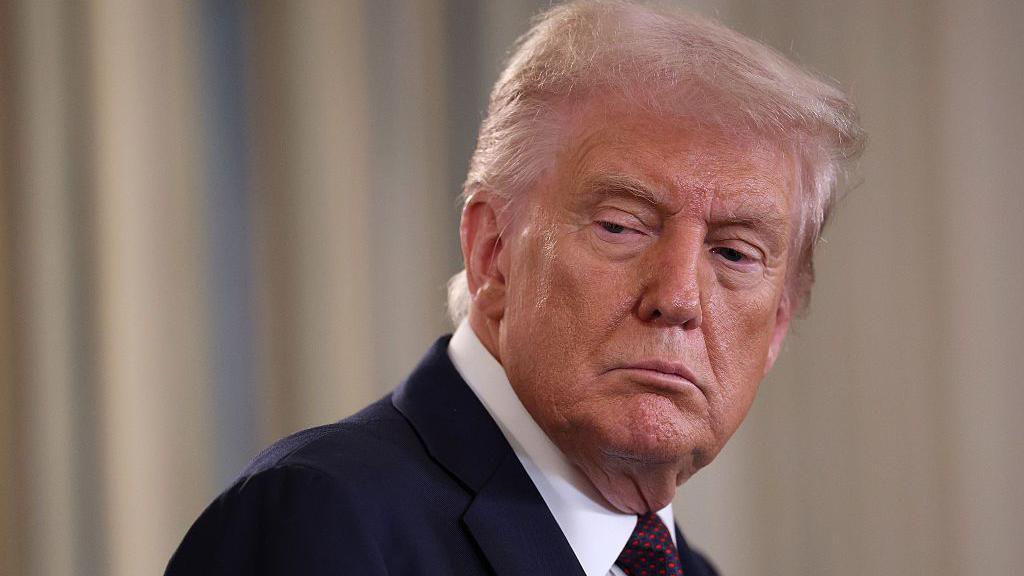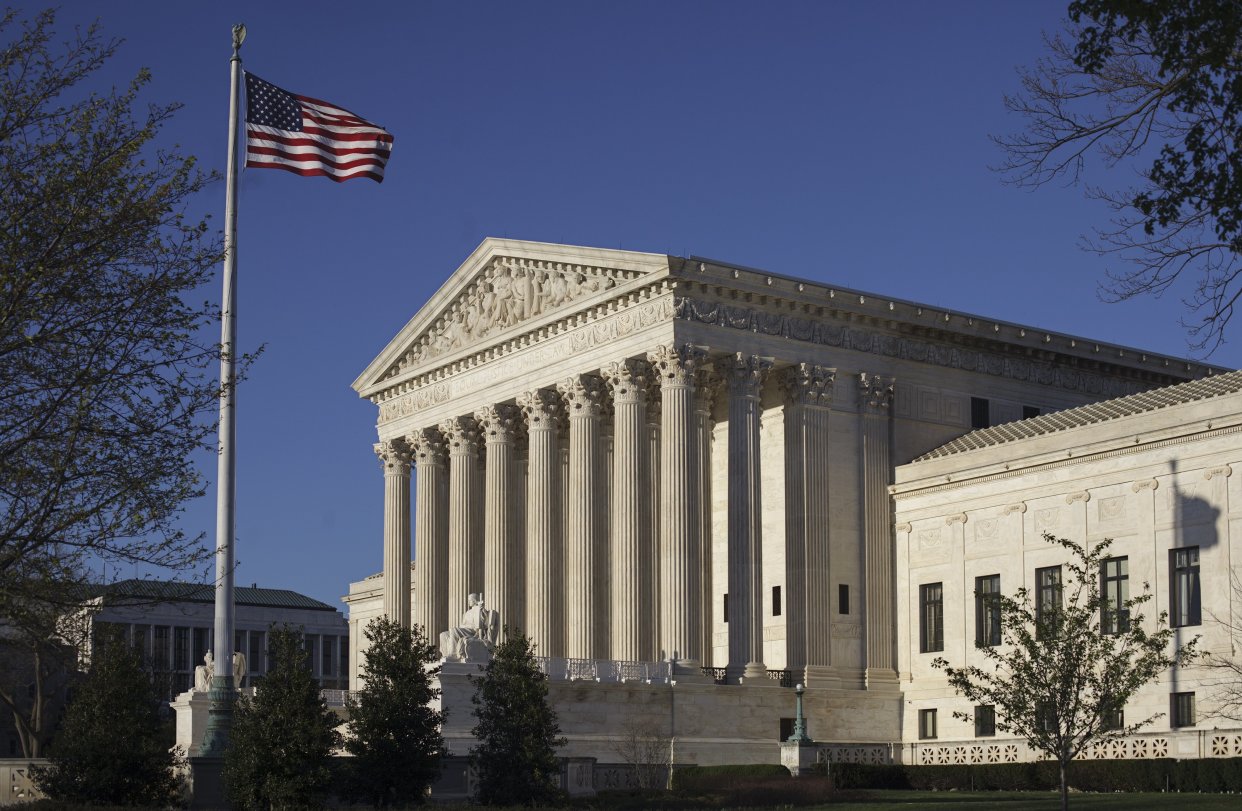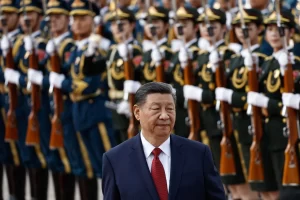The U.S. Supreme Court is back in session — and this year, all eyes are on one question: how far can Donald Trump stretch presidential power?
Since returning to the White House eight months ago, Trump has pushed boundaries.
He has cut budgets, reshaped agencies, and asserted control over institutions once considered independent.
Now, his attempt to deploy state National Guard troops to cities like Portland — despite state objections — has ignited a legal showdown.
“This is a nation of constitutional law, not martial law,” wrote Judge Karin Immergut, blocking Trump’s move.
Case Moves To Secret Docket
The case is heading to appeals court.
It may possibly reach the Supreme Court’s infamous “shadow docket,” where emergency rulings often come with little explanation.
Critics like Senator Cory Booker say this secrecy “shields the Court from accountability.”
Legal scholars warn it risks turning democracy into a game of unchecked power.
But experts also note that the justices won’t be able to hide behind short orders forever.

“If they’re going to grant more power to the executive,” said Harvard’s Maya Sen, “they’ll have to explain why.”
From tariffs to birthright citizenship, the Court’s conservative majority will soon decide how much control one president can really wield.
They will also decide just how “independent” America’s institutions still are.





